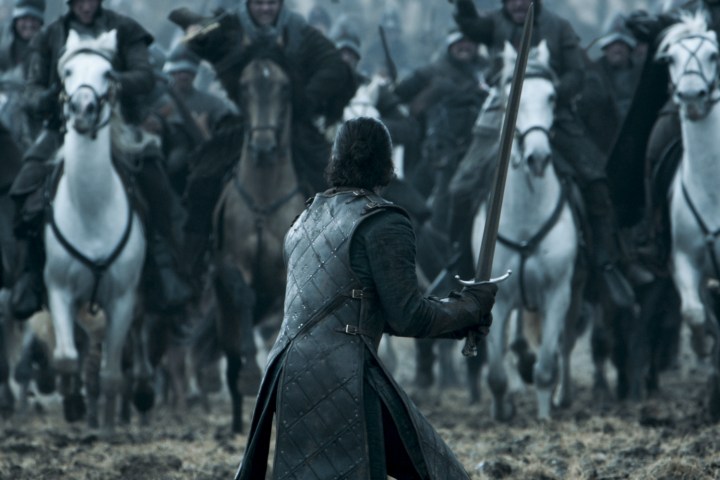
The network released the names of the directors that will helm episodes next season, and the list is a mix of returning filmmakers and at least one newcomer to the world of Westeros. Unlike past seasons, the list of directors is only four names long, suggesting that the seventh season will indeed include significantly fewer episodes.
The list of directors was announced via Entertainment Weekly. Among the filmmakers attached to helm episodes next season is Alan Taylor, who directed six episodes in the first and second seasons, and also directed 2013’s Marvel Studios sequel Thor: The Dark World and 2015’s sci-fi reboot Terminator: Genisys.
Also on the list is Jeremy Podeswa, the Emmy nominee who directed two episodes of the series’ fifth season and the first two episodes of the sixth season — including the fifth-season episode “Unbowed, Unbent, Unbroken.” He’s joined by Mark Mylod, who previously directed four episodes of the series, including The Hound’s return in “The Broken Man.”
The sole newcomer to the series is Matt Shakman, who previously directed almost 40 episodes of It’s Always Sunny in Philadelphia and multiple episodes of The Good Wife, Psych, and House, among other shows.
At this point, the exact number of episodes in the seventh season is unknown, but the series is expected to wrap up over the next two seasons. Production on the seventh season begins in July, with the season expected to premiere at some point in 2017.
Editors' Recommendations
- Netflix’s 3 Body Problem is missing the one thing that made Game of Thrones great
- 7 most underrated Game of Thrones episodes ever
- How House of the Dragon saved Game of Thrones’ tarnished legacy
- Game of Thrones: the best Jon Snow episodes
- Can House of the Dragon save the Game of Thrones franchise?




